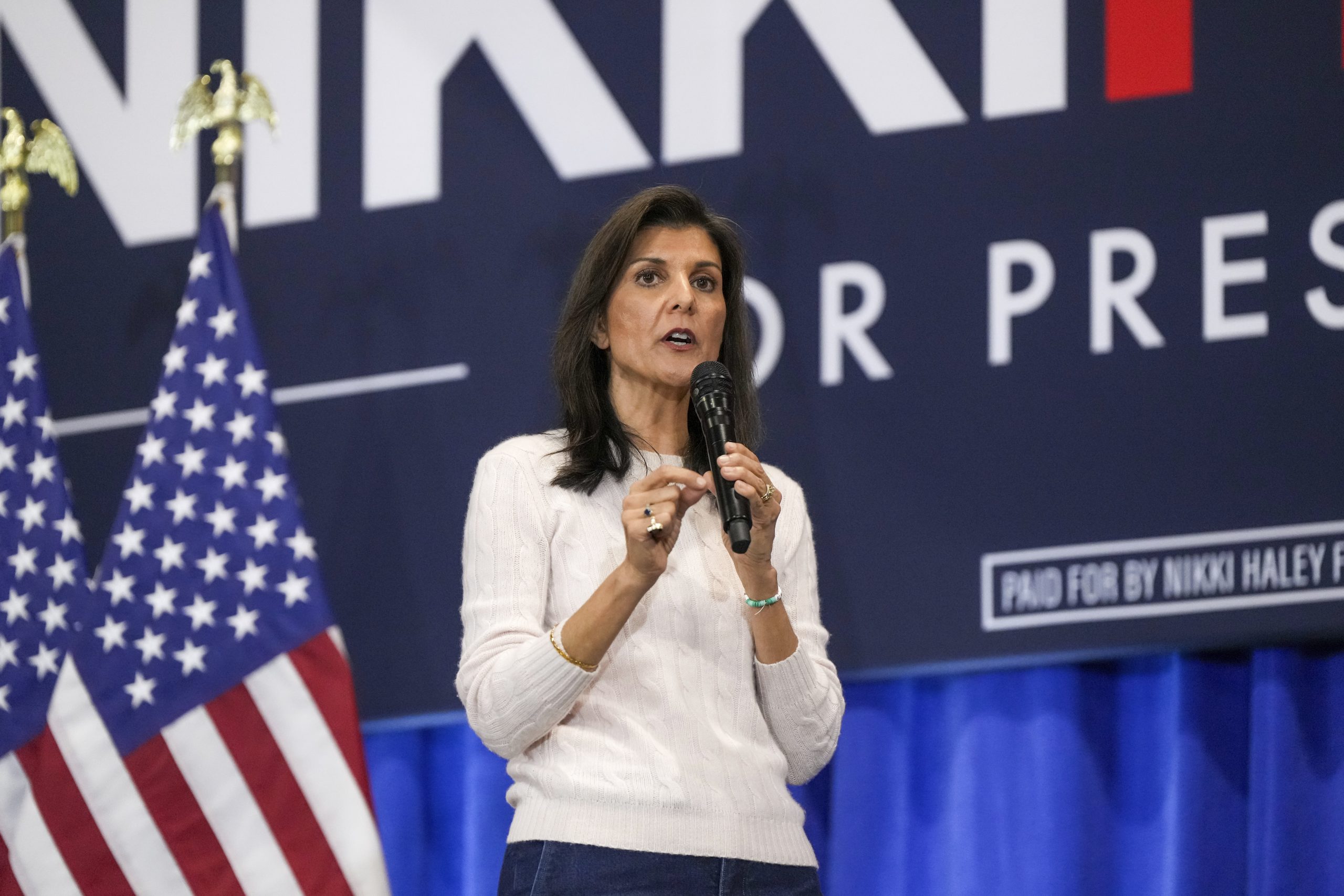According to numerous media analyses, South Carolina represents a pivotal battleground for Republican contender Nikki Haley in her bid against Donald Trump. With deep roots in the state as its former governor, Haley commands significant name recognition among its residents.
However, despite this advantage, she finds herself trailing Trump by a substantial margin of over 30 points in polls among likely Republican voters. Such a deficit, if reflected in the primary results, would deny her campaign not only a tangible victory but also a moral one.
Nonetheless, even faced with potential rejection in her home state, Haley shows no signs of bowing out prematurely. Unlike struggling campaigns often plagued by financial woes, Haley’s remains buoyed by robust fundraising efforts. In January alone, her campaign outpaced Trump’s, amassing $11.5 million in donations, a notable $2.7 million more than the former president’s.
Although Trump’s campaign reported holding a larger cash reserve at the end of January, Haley’s campaign, with $13 million, demonstrates financial stability. Moreover, a supportive super PAC backing Haley secured an additional $5.8 million in donations the following month, primarily from affluent contributors in the business sphere.

Nikki Haley (Credits: AP News)
Financial victories, however, have not translated into electoral success for Haley in the past. Despite outraising Trump’s super PAC previously, it failed to tip the scales in early primary contests.
Haley’s current strategy seems centered on perseverance, sustained by affluent donors and the anticipation of potential setbacks for Trump that could reshape the Republican landscape. In a recent speech in Greenville, Haley affirmed her commitment to the race, regardless of the primary outcome, signaling a resolute stance against adversity.
Conversely, Trump’s campaign faces financial strains, largely attributed to mounting legal expenses stemming from various legal battles. These costs have significantly depleted the resources of Save America, a PAC serving as Trump’s legal defense fund, leaving it with just $6.3 million by the end of January.
While South Carolina historically serves as a litmus test for Republican candidates, Trump’s dominant victories in earlier primaries have already solidified his frontrunner status. Despite his absence from campaign events over the Presidents’ Day weekend, opting instead to remain at Mar-a-Lago, Trump’s return to South Carolina ahead of the primary underscores its significance.
With his final rally scheduled in Rock Hill, Trump aims to further consolidate his support base in a state that could serve as a decisive battleground in the race for the Republican nomination.























